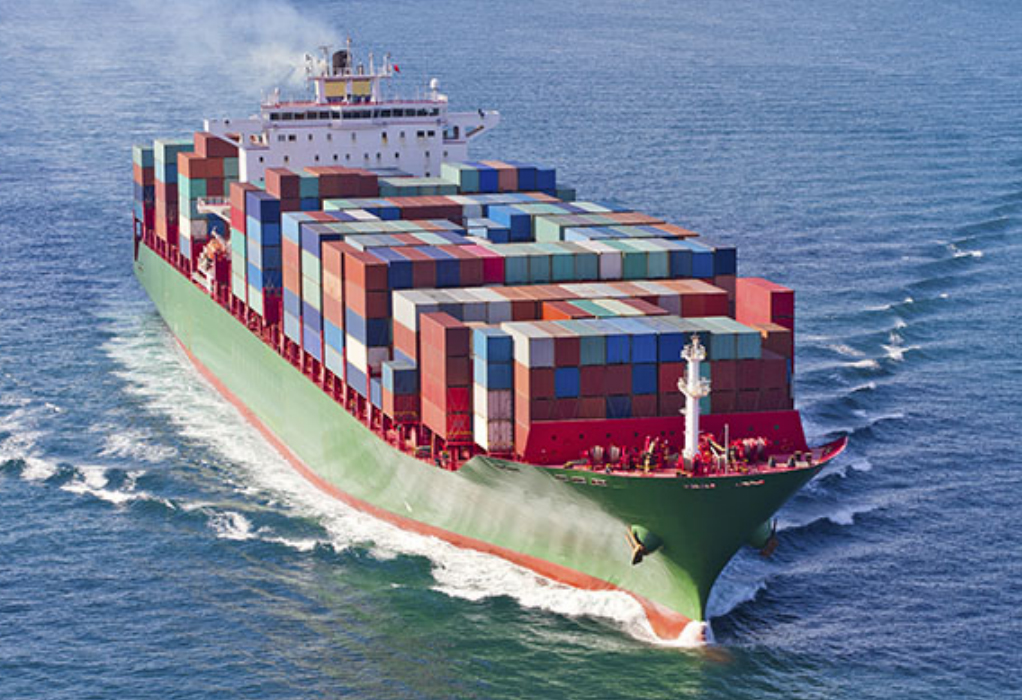Shipowners switching to biomethanol as a marine fuel to curb CO2 emissions would face higher bunker bills at today’s prices, even after accounting for the added cost of CO2 life cycle emissions from very low-sulphur fuel oil (VLSFO).
Marine fuels sale and consumption are not subject to greenhouse gas restrictions or fees, but the EU has two proposals in the works that would change that.
One plan is to add maritime emissions to the EU emissions trading scheme (ETS), starting in 2023 with auctions for 20pc of CO2 emissions and gradually increasing to 100pc of CO2 emissions in 2026.
This proposal applies to emissions generated during fuel combustion. The second proposal is for vessels to reduce their GHG intensities, starting in 2025 with a 2pc reduction and gradually increasing to a 75pc reduction by 2050, from a 2020 baseline.
The proposal would apply to emissions generated during a fuel’s life cycle.
During its life cycle, one metric tonne (t) of VLSFO emits about 3.734t of CO2, according to a study by the nonprofit International Council on Clean Transportation. CO2 traded through the EU’s ETS averaged $70/t and Amsterdam-Rotterdam-Antwerp (ARA) VLSFO averaged at $573/t from 1-12 November, according to Argus data.
Adding life cycle CO2 emissions cost to VLSFO would have increased its price to $833/t. By comparison, biomethanol, excluding CO2 life cycle emission cost, was pegged at $3,336/t in ARA average for the week ending 5 November, Argus data showed, four times higher than VLSFO with the added CO2 cost.
Biomethanol is produced from biomass and so creates fewer CO2 emissions than traditional methanol, which is produced from natural gas or coal.
Danish shipping company Maersk earlier this year said it is considering biomethanol as a way to reduce its CO2 emissions, in addition to considering lignin fuels, e-methanol, biodiesel and green ammonia. Fossil fuel-generated methanol in Rotterdam was assessed at $958/t average for the week ending on 5 November, Argus data showed, less than one-third of the price of biomethanol.
Unless biomethanol prices drop sharply in the 13-plus months until January 2023 when the ETS scheme could be implemented, it is unlikely that most ship owners will embrace burning biomethanol. Paying for CO2 emissions through EU’s ETS would be more cost effective than switching to biomethanol or fossil fuel-generated methanol at today’s prices.
Source: https://www.manifoldtimes.com/
Tags: Biomethanol, Bunkering, CO2 Emissions, Maritime Shipping, VLSFO



Recent Posts
Hyundai Glovis to Retrofit Seven PCTCs with Avikus AI Navigation System
Super Terminais orders three more Konecranes Gottwald ESP.10 Mobile Harbor cranes
Covestro and HGK Shipping Extend Partnership to 2040 with Focus on Wind-Assisted Vessel Retrofit
Artemis Technologies Successfully Demonstrates 100 Percent Electric Crew Transfer Vessel at Aberdeen Offshore Wind Farm
IACS Council Advances Decarbonisation, Digitalisation and Governance Priorities at C91 Meeting in Beijing
Japan Launches Major R&D Project to Advance Shipbuilding with Alternative Fuels
EU Adopts Emissions Standards for Low Carbon Hydrogen to Bolster Clean Energy Market
Trafigura to Implement ZeroNorth’s AI Platform Across Global Fleet